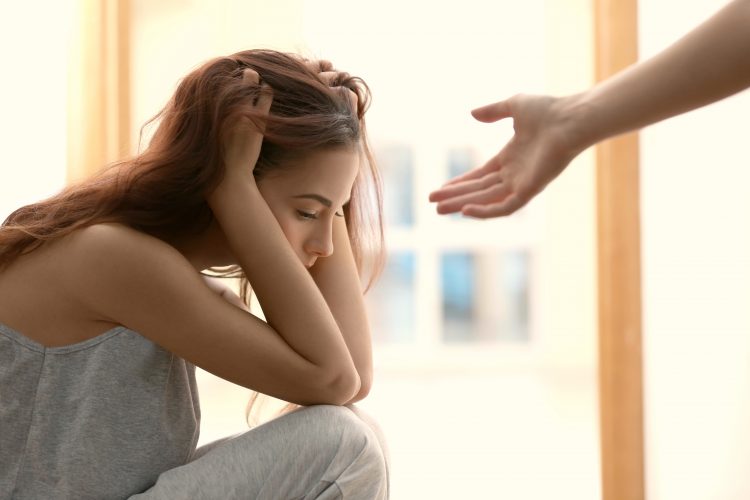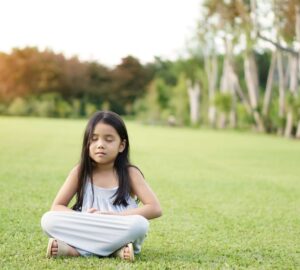
It’s your fault. You chose to start using again!
Snap out of it. Why are you so lazy?
You chose to be homeless.
Why don’t you leave him? How hard can it be?
She is just being manipulative and working the system.
Our best friends. Our siblings. Our caregivers. Our significant others. Many of them face insurmountable struggles with addiction, disruptions in mental wellness, family or intimate partner violence, involvement with child welfare, uncertainty about safe housing, or food insecurities.
Why are the people in our lives we claim to care for often met with judgment, blame and punishment when they let their guards down and ask for help? Have we created an environment where it feels safer to suffer in silence? A world where those most vulnerable are scrutinized by outsiders’ conclusions and assessed by behaviors alone, rather than met with understanding and recognition for the grinding pain of trauma that is likely the guiding force behind most decisions.
What if we collectively (family, friends, providers, community) were to meet those behaviors with care and support rather than judgment and blame?
What if we collectively fostered a community where asking for help does not come with shame or guilt?
What if young children did not have to experience a crisis because we collectively reinforced skills to lift people up rather than bury them in stigma?
What if we collectively talked about and normalized the impacts of early childhood trauma and generational trauma, and the frontline of treatment was unconditional positive regard and support rather than criticism?
This shift is what becoming a trauma-informed community looks like. This could happen on Maui.
In the documentary Paper Tigers (which is streaming on Amazon.com), viewers get an inside glimpse into a group of teachers’ and administrators’ daily struggles at an alternative high school in Walla Walla, WA. (Yes, this is a real place and not just the signature location where anvils for Looney Tunes are produced.) The film documents the realization for all faculty that the behaviors their students were exhibiting, the actions they were so accustomed to meeting with punitive measures, were, in most cases, the result of adverse childhood experiences or ACEs. This awareness subsequently resulted in the entire community coming together to recognize ACEs as a public health issue, change the response protocols, and shift the narrative from harsh discipline to hope and understanding.
Connecting the dots between trauma and brain development, and the role they play even well into adulthood is the most critical thing we collectively should direct our attention to because we all are experiencing trauma right now.
One small step we can take together is recognizing behaviors you or a loved one may be making, especially those choices that are likely straining, if not jeopardizing, secure relationships. We then need to understand that these behaviors may be the only means for this person to cope with the pain of trauma that lingers like a superficial oven burn.
With that recognition, we make asking for help normal so that those in our community can ask without guilt. We can support those we love the most in finding the courage to ask where to go for treatment. We can create opportunities for grace and comfort if relapse occurs. We help each other find spaces to remember our self-worth, with the reassurance that we are not alone in the intense everyday stress we collectively have been experiencing.
Let’s make understanding trauma and asking for help part of the “new normal” here on Maui.
Resources
Islands of Hope
Facebook @IslandsofHopeMauiCounty
Instagram @islandsofhopemaui
Email: [email protected]
Phone: 808-419-0781
Resources for Mental Health and Substance Use
https://mentalhealthhawaii.org
https://hicares.hawaii.gov
TEXT ALOHA to 741741
24-Hour Crisis Line: 1-800-753-6879
Jessica Pazos has been working with children and families for 10 years. While she has many passions, she is a dedicated advocate for those who need their voices heard and will work tirelessly to bring equity to the community.



